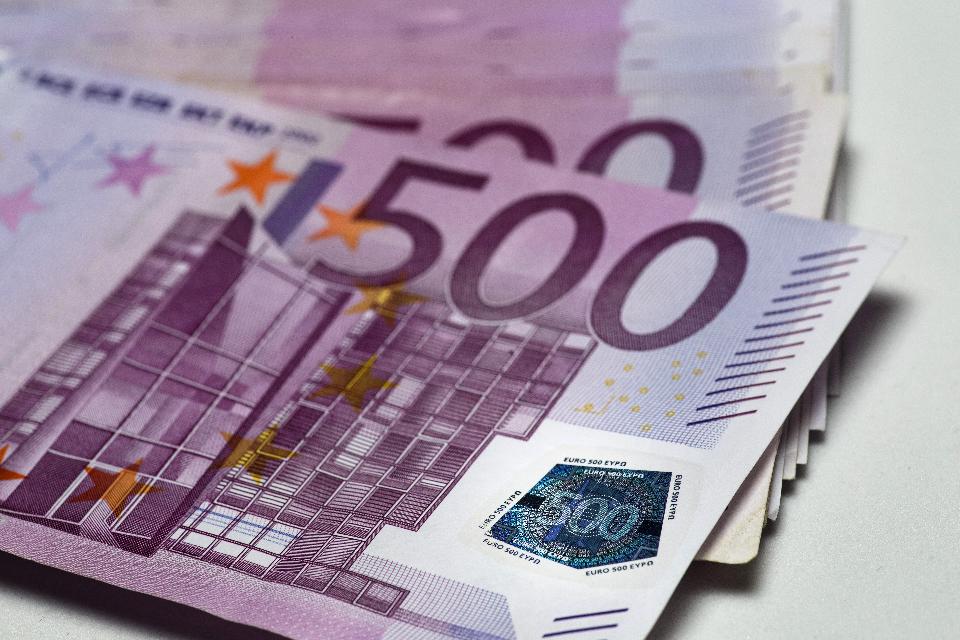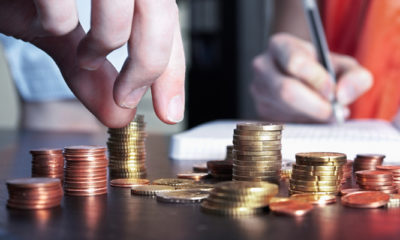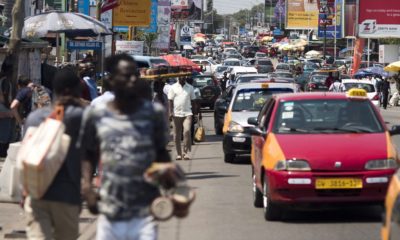As part of efforts to enhance the partnership between the European Union (EU) and Africa, the EU is working on a 20 billion-euro ($22.7 billion) financing package to support African transport networks, as well as energy, digital, education and health projects to counter China’s reach in the continent.
According to a draft of the package sighted by Bloomberg, the bloc’s plan includes strategic corridors, international submarine cables, new energy interconnections and investments in renewable sources in Senegal, Cote d’Ivoire, Egypt, Morocco and Kenya.
The text also reveals that the European countries would deliver military equipment in the coming months, including material designed to deliver lethal force to support African armed forces.
An official at the EU disclosed that the EU picked projects focused on key trade areas selected by African nations according to their level of readiness, their potential impact and the possibility of attracting member states’ money and private funding,
The list includes the Dakar-Abidjan corridor in West Africa; the Libreville-Kribi-Douala-N’Djamena area that links Gabon, Cameroon and Chad; and the area between Mombasa and Kisangani in Kenya and Democratic Republic of Congo.
According to the notice, “EU countries will mobilize 4.4 billion euros to fight human traffickers, enforce voluntary and forced returns, and strengthen border management. One of the European demands is to secure a bigger role for its border agency, Frontex, in African nations”.
Investors King recalls that the EU recently contributed $3.5 million to help the United Nations Humanitarian Air Service (UNHAS) transport thousands of aid workers to several hard-to-reach locations across West and Central Africa.
According to African Business, the contribution, made through the European Commission’s Civil Protection and Humanitarian Aid Operations department (ECHO), helped UNHAS to support a regional approach to its services, enabling over 60,000 aid workers reach 66 remote locations in Mauritania, Cameroon, the Central African Republic (CAR), Chad, and Niger throughout the year at a time when humanitarian needs worsened.
The Africa-EU partnership was established in 2000 at the first African Union (AU)-EU Summit in Cairo, and is guided by the Joint Africa-EU strategy (JAES), adopted at the 2nd AU-EU Summit in Lisbon in 2007.
Information gathered on the EU’s website revealed that in 2018, a new Africa-Europe Alliance for sustainable investment and jobs was announced, deepening trade and economic relations, and proposing: a boost in strategic investment and job creation, investment in education and skills; strengthening the business environment and investment climate, as well as tapping the full potential of economic integration and trade.

 Education4 weeks ago
Education4 weeks ago
 News3 weeks ago
News3 weeks ago
 Business3 weeks ago
Business3 weeks ago
 Technology3 weeks ago
Technology3 weeks ago
 Investment4 weeks ago
Investment4 weeks ago
 Investment3 weeks ago
Investment3 weeks ago
 Telecommunications4 weeks ago
Telecommunications4 weeks ago
 Banking Sector3 weeks ago
Banking Sector3 weeks ago































